Local importance
Many decisions impacting the industry are made
at the state and municipal level.
By
Lobbyists are often associated with Washington, D.C. And for good reason, as sometimes they are in the news and there are a lot of them. There are more than 14,000 registered lobbyists in Washington, D.C. In addition, tens of thousands of citizen lobbyists descend on Washington each year to advocate for their company or cause. All are vying for the attention of members of Congress and administration officials.
Certainly what happens in Washington is important to the industrial fabrics industry. Broad issues such as treaties, taxes and labor rules can affect the industry. However, state and local rules, policies and laws may be even more important. State and local governments buy more goods and services than the federal government.
Selling local
Martin Whitmer, a principal of the government affairs company Whitmer and Worrall, explains the importance of state and local advocacy this way: “There are an increasing number of organizations that are finding value in government relations programs at both the federal and state/local level. Lobbying at the federal level allows organizations to exert influence on the macro effects of policy and federal funding as they relate to their industry. Federal lobbying is a critical advocacy foundation for any organization that wishes to achieve large-scale industry goals. However, due to a variety of reasons, state-level lobbying programs have achieved significant success.
“At the micro-level, state lobbying programs have the ability to directly affect both policy and the bottom line of a business. For example, in the transportation and infrastructure industry, the majority of purchasing is done at the state and local levels: state agencies and municipalities. Federal legislators annually appropriate billions of dollars of funding to states, but state and local authorities typically make the purchasing decisions and spend the funds. Therefore, at the state-level, organizations are ultimately working with their customers [such as departments of transportation, natural resources, and the like]. State lobbying programs have the capability to accomplish both business development and policy objectives.”
Making a difference
Not only do state and local governments buy goods, they can create rules and policies that impact the industry. If the industry is not engaged, the results of rules and policy can be detrimental to business. As an example, in the summer of 2011 seven concert goers were killed at the Indiana State Fair when a storm caused the collapse of the temporary roof structure of the stage for an outdoor concert by country music group, Sugarland. The failure was due to inadequate ballasting of the guide wires in place to secure the structure.
The tragedy caught the attention of state officials in neighboring Kentucky and triggered a review of building codes for tents and temporary structures in that state. Fortunately, the ATA Tent Rental Division (TRD) was engaged and aware of what was being considered as a building code change by the Commonwealth of Kentucky. TRD members provide expert advice and cautioned the code officials in Kentucky that the building codes being considered for tents were too restrictive. If TRD had not provided guidance, Kentucky would have been well on its way to adopting building codes that could have destroyed the tent rental market in that state.










